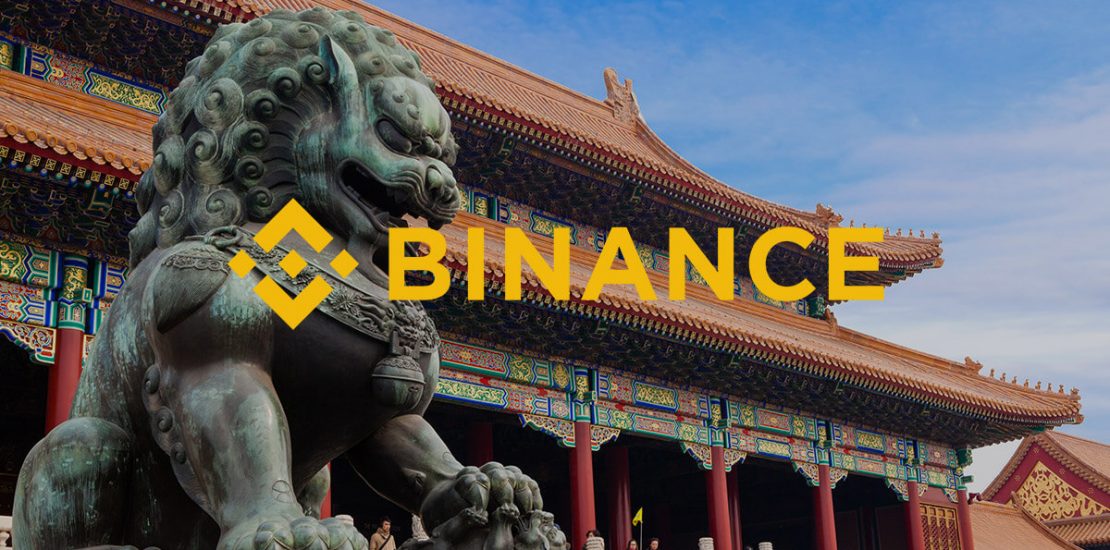- September 28, 2021
- Posted by: admin
- Category: BitCoin, Blockchain, Cryptocurrency, Investments

The COO of VC firm Thiel Capital and U.S Senate candidate Blake Masters wants to set up “Fort Nakamoto” – a “strategic reserve of Bitcoin,” which he likened to Fort Knox and gold.
This move was inspired by China’s renewed crackdown on cryptocurrency last week, which led to further downturns across the market.
Masters intends Fort Nakamoto to be an affirmative, opposing response to Beijing’s increasingly anti-crypto position.
China banned cryptocurrency last week.
Let’s do the opposite. The US government should buy a strategic reserve of Bitcoin — Fort Nakamoto, the new Fort Knox.
Related: my U.S. Senate campaign now accepts BTC donations. DM me or write [email protected] for info & to donate.
— Blake Masters (@bgmasters) September 27, 2021
However, while the U.S crypto landscape is not openly hostile towards crypto, it is uncertain as regulators continue to dodge the issue. For example, in refusing to provide regulatory clarity on what constitutes a security.
With that in mind, to realize his plans, Masters will have an uphill battle to fight.
Beijing bans crypto, again
Last Friday, multiple Chinese agencies stepped up their campaign against Bitcoin and cryptocurrencies by renewing calls to work together to ban all such activity.
Reuters states it was the first time all ten agencies have taken coordinated action on the matter.
“Ten agencies, including the central bank, financial, securities and foreign exchange regulators, vowed to work together to root out “illegal” cryptocurrency activity, the first time the Beijing-based regulators have joined forces to explicitly ban all cryptocurrency-related activity.”
What’s more, an article published by Sohu.com on Monday shows no let-up in this stance. They reported the seizure of over 10,000 crypto miners in Inner Mongolia following a tip-off.
The piece mentioned that electricity consumption is being monitored to identify those suspected of flaunting the mining ban, which they see as necessary to reduce the environmental damage caused by crypto mining.
To date, authorities in Inner Mongolia have shut down 45 crypto mining operations. They say this has saved 6.58 billion kilowatt-hours of electricity per year, which is equivalent to burning 2 million tons of coal.
Sohu.com is a Chinese internet company headquartered in the Sohu district of Beijing.
Masters wants a U.S Bitcoin standard
In response to this, Masters said the U.S needs to do the opposite and encourage crypto adoption, starting with a federal Bitcoin reserve.
On that, U.S Senator Pat Toomey agrees. Following the Beijing ban, he said this is a big opportunity for the U.S. to capitalize on.
In a tweet, Toomey, who sits on the Senate Banking Committee, called out Beijing’s hostility to digital assets by saying the regime doesn’t want the Chinese people to have economic freedom.
“Beijing is so hostile to economic freedom they cannot even tolerate their people participating in what is arguably the most exciting innovation in finance in decades. Economic liberty leads to faster growth, and ultimately, a higher standard of living for all.“
Some would argue that there are forces that don’t want global citizens to have economic freedom. As such, it’s somewhat disingenuous to paint the situation as the U.S vs. China.
The post U.S Senate candidate proposes Fort Nakamoto as a strategic Bitcoin reserve appeared first on CryptoSlate.
